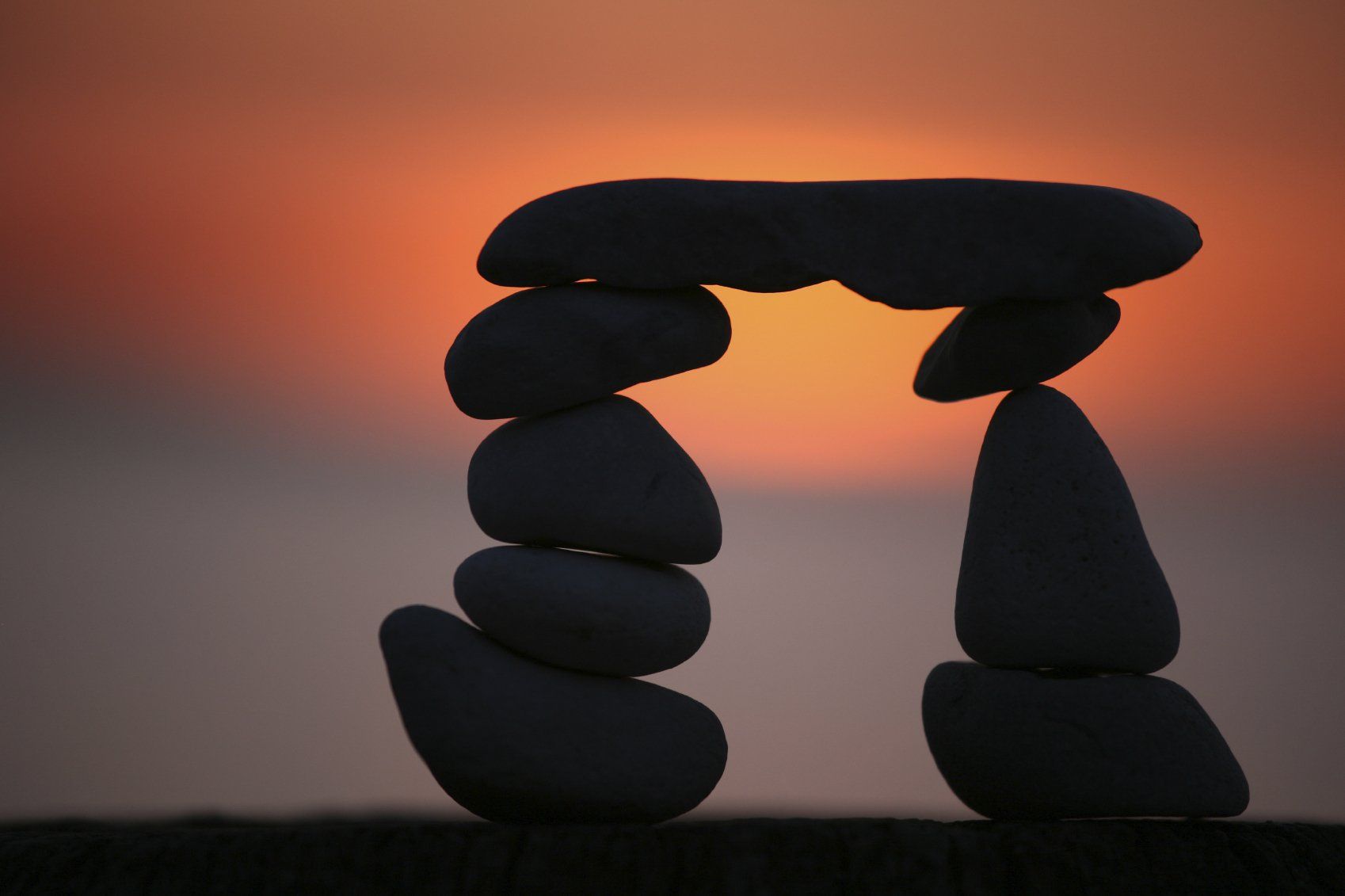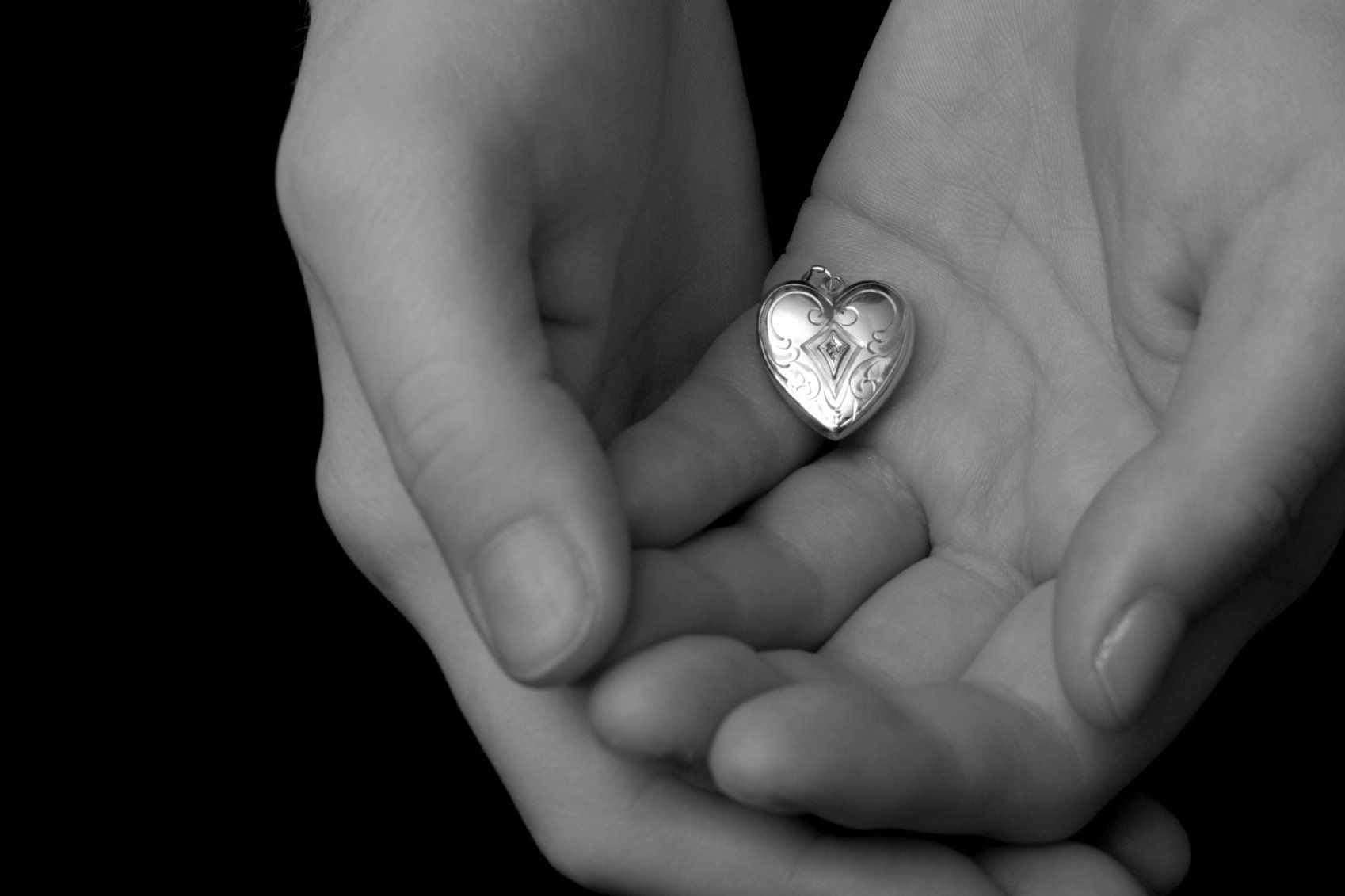Give Me A Drink
By design, the human body has limitations, even if at its healthiest. For example, we can only bend our arms so far before snapping the bones into two. Or the fact that the muscles of the feet are designed to grow tired after long hours of walk/running or general activities. These aren’t necessarily negative limitations; they simply the body’s way of protecting itself from breaking down to beyond repair.
Similarly, there are times our spirit being may experience limitations. I know some Christians may disagree and think of themselves as super spirit-beings, supercharged to continuously walk the faith, fast and pray nonstop for days (and that’s noble if you can). However, I must confess that I experience spiritual fatigue and sometimes avoid contact with people. But that’s when the devil takes the most advantage to sow negative seeds.
I was particularly encouraged by the story of Jesus and the Samaritan woman. For those unfamiliar with this encounter, please read John 4: 1 – 42 in the Bible. Jesus, being a Jew, was culturally duty-bound to NOT interact with the woman, a Samaritan. Yet, our Savior smashed traditions in favor of saving the lost. What’s fascinating about the story starts from verse six where it says:
“Jacob’s well was there; Jesus, tired from the long walk,
sat wearily beside the well about noontime."
To fully understand this feeling of exhaustion and physical depletion, imagine walking for six hours nonstop, no water and no snacks. Then you discover a well of water but you have nothing to fetch yourself a cup and quench your thirst. Did someone say, “patched!”
We’re not told how long Jesus sat at the well as He waited for His disciples who had gone into town for food. But let’s imagine that He had sat for at least five minutes, patiently waiting for someone to come along and alleviate his thirst.
Verse seven fascinates me even more and it reads like this: “As soon as the Samaritan woman came to the well, Jesus said to her, “Please give me a drink.”
Oh I can just imagine the look on that woman’s face—confusion? Shock? Sarcasm, anyone?
In the moment, Jesus didn’t just ask any ordinary person for water, He asked from a Samaritan! Let’s not forget that Jews don’t associate with Samaritans let alone ask for their help! Pause with me for a moment to analyze this interaction. Jesus was tired to the point of physical depletion; He needed sustenance to renew His strength before continuing on His journey back to Galilee. As we learned from verses, the Samaritan woman obviously wasn’t tired. The fact that she was going to draw water from a deep well after a walk from her house, indicates she was strong—at least, physically. But spiritually, something was missing in her life which, in that moment, Jesus had abundance of: Salvation. This dynamic is something I hadn’t noticed in my previous study of this Bible passage: the idea that though Jesus was physically tired, He was spiritually energized to save a lost soul. And though the woman was spiritually lost, she possessed the physical strength good enough to meet Jesus’ need for a drink of water.
A similar situation happened in the story of the Good Samaritan where a Jewish man, beaten, unable to physically care for himself and deserted by the side of the road was rescued by a Samaritan man. Can you imagine if the Jewish man had resisted the help simply because his helper was a Samaritan?
While there is no mention in the passage that this woman eventually gave Jesus the physical water He’d asked for, this complementary need for each other’s strength birthed salvation in the woman’s life and ultimately, many Samaritans met with and believed in Jesus!
It may sound odd to think that Jesus relied on the physical strength of a Samaritan woman or perhaps,
He’d only asked to engage in conversation without really needing the drink.
Personally, I think Jesus really needed the drink but got renewed by their conversation.
Whichever way, He demonstrates an important lesson here. As His followers, in our moments of exhaustions and depletions—physically or spiritually, are we seeking help from only those who look, pray, talk or walk like us? Now, I understand that when it comes to spiritual matters, it might be counter-productive to seek solution from someone who doesn’t share our faith but that’s no excuse to label them as “Samaritans” we’re not to associate with. It’s true that God brings diverse people in our lives, even those who don’t share our faith and beliefs, to help get through difficult times. It reminds me of the story Joseph and Pharaoh in the Bible (Genesis 41). Though they held different faiths, together, they saved thousands of lives from a severe seven-year famine and preserved generations thereafter.
Just as Jesus, even in his moment of physical tiredness, reached across the aisle to bridge the gap between God and this Samaritan woman, we too can become bridge builders at every opportunities we have, whether good or bad, physically or spiritually.







